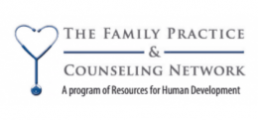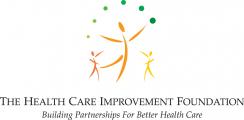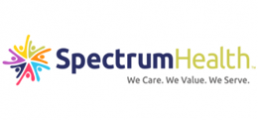“The great impact this program has had on me is that I’m now more sensitive to and obedient about what I’m putting in my body. I’m cautious. Even if I do eat something like a donut, I only eat one, or I don’t eat all of it. I make sure my bread is 100% whole wheat. I check my labels. I changed my cooking oil. I try not to eat at night. And because of all of these changes, I’ve been feeling better, too."
Prevention and Management of Chronic Conditions - Community/Clinical Connections

Chronic conditions, such as diabetes and hypertension, affect 12.6% and 33.3% of Philadelphians respectively. The impact of these conditions is greatest in African-American and Latino communities, both in terms of prevalence and poor outcomes. The Health Federation works with our health center and community partners to address this health challenge in various ways.
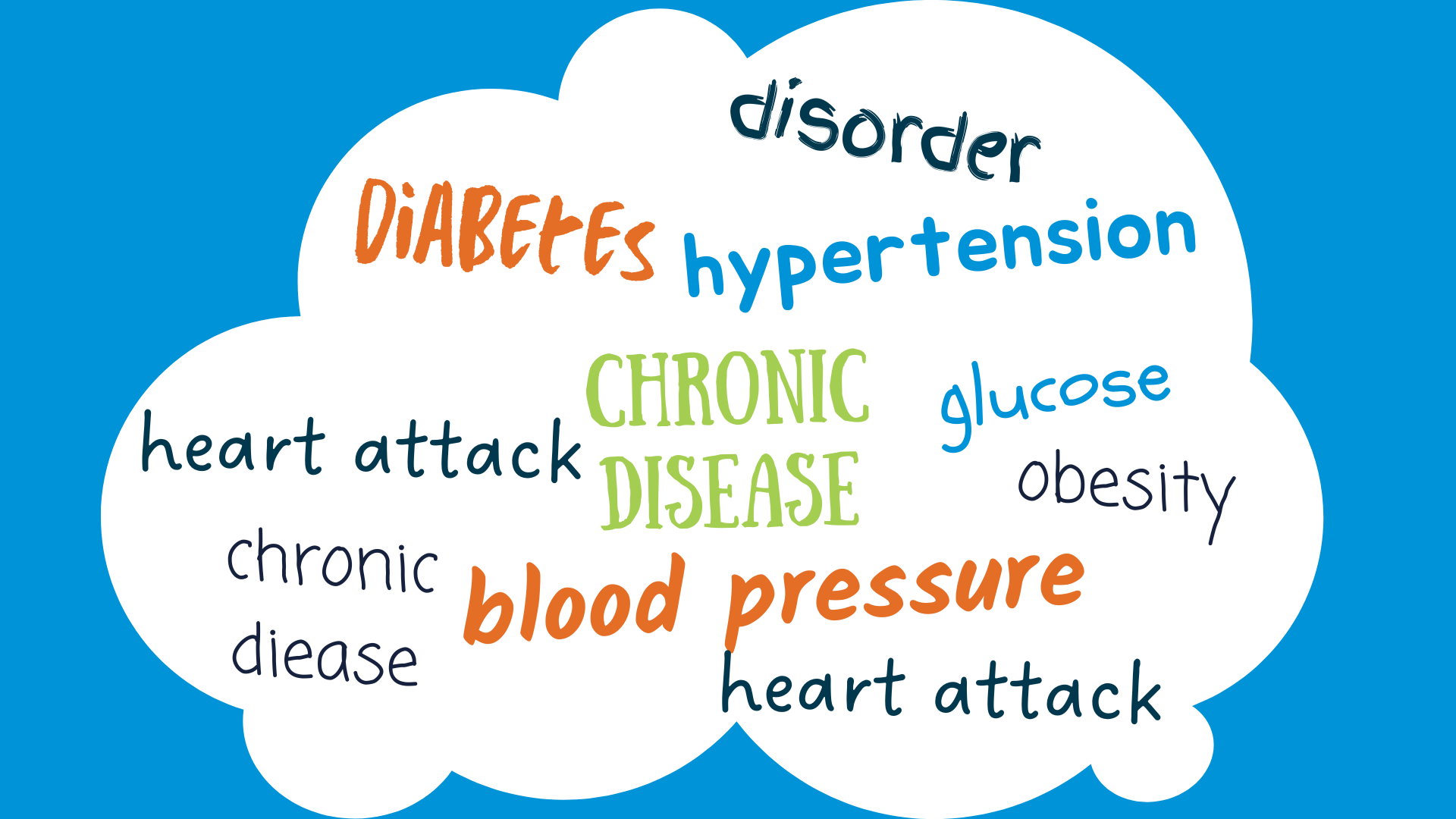
Diabetes Prevention Program
Created by the Centers for Disease Control and Prevention in 2010, the National Diabetes Prevention Program (DPP) is a research based lifestyle change program. The DPP promotes healthy eating and physical activity and provides critical social and peer support for participants. Research has shown that DPP participation can substantially reduce the risk of progressing to Type 2 Diabetes for those diagnosed with Prediabetes. This program is a powerful supplement to clinical practice, and encourages participants to make lifestyle changes often recommended by their health care providers. The DPP has helped participants achieve better health outcomes, by decreasing blood glucose, blood pressure, blood lipids, and weight.
Chronic Disease Collaborative
With CDC funding through the Philadelphia Department of Public Health (PDPH) the Health Federation of Philadelphia is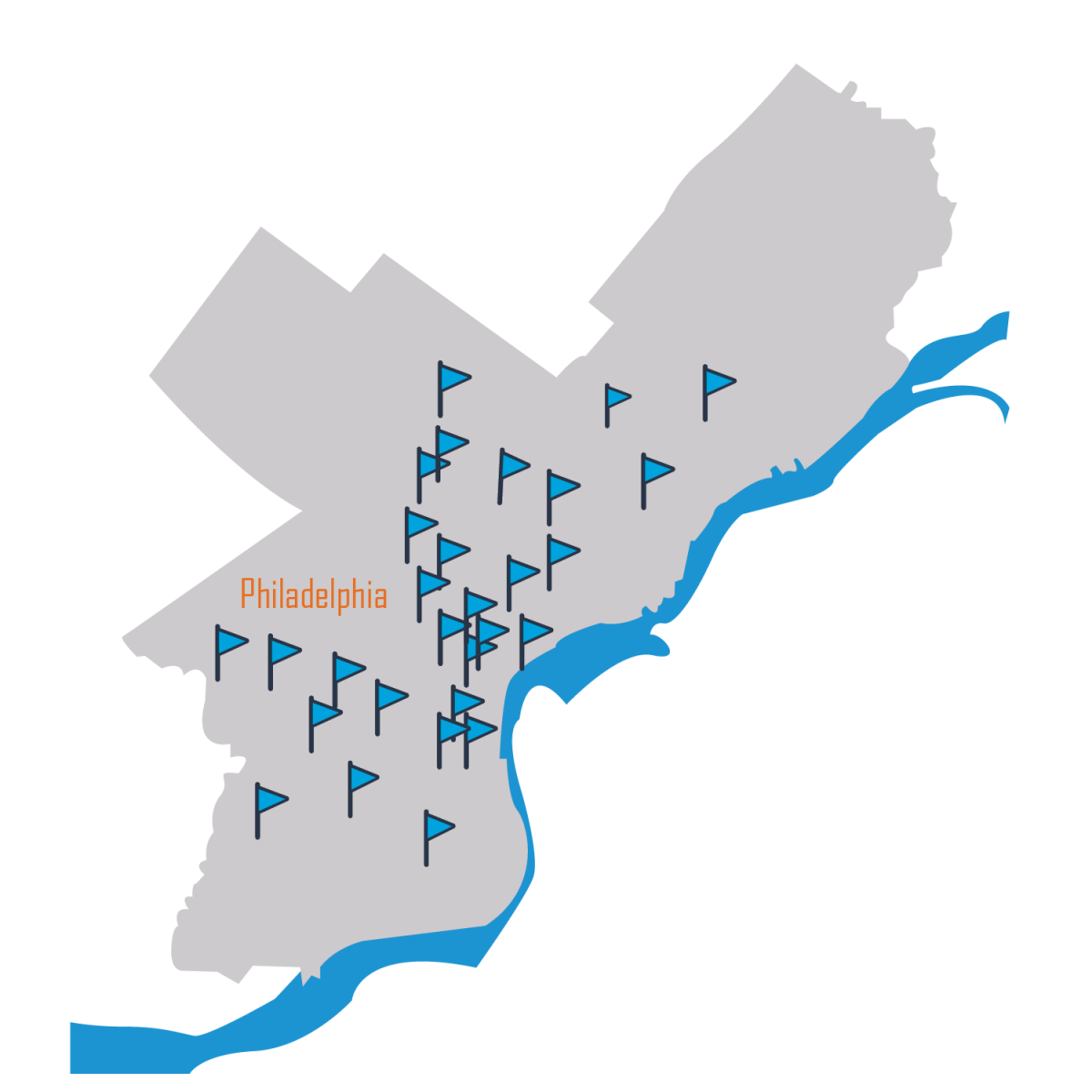 working with six (6) member health centers on the activities to improve management of hypertension and high blood cholesterol among underserved populations in Philadelphia. Activities include:
working with six (6) member health centers on the activities to improve management of hypertension and high blood cholesterol among underserved populations in Philadelphia. Activities include:
- Identification of patients with undiagnosed hypertension;
- Adoption of evidence-based quality measurement at the provider level;
- Engagement of non-physician team members in hypertension and cholesterol management in clinical settings;
- Engagement of patient navigators/community health works in hypertension and cholesterol management in clinical and community settings;
- Bi-directional referral between community programs/resources and health care systems;
- Collaboration between community pharmacists and physicians to manage high blood pressure, high blood cholesterol, and lifestyle modification; and
- Use of telehealth to promote management of hypertension and high blood cholesterol.
- Using technology and data to drive quality improvement
- Engaging the whole care team, including pharmacists and community health workers
- Addressing social determinants of health
- Engaging trusted community leaders
The health centers are joined in a learning collaborative by three major health systems to promote information sharing. Over 100,000 adult patients receive care from health centers participating in this program.
For More Information Contact:
Suzanne Cohen, Senior Director of Population Health
215-567-8001 ext. 3026
Self-Monitored Blood Pressure Programs
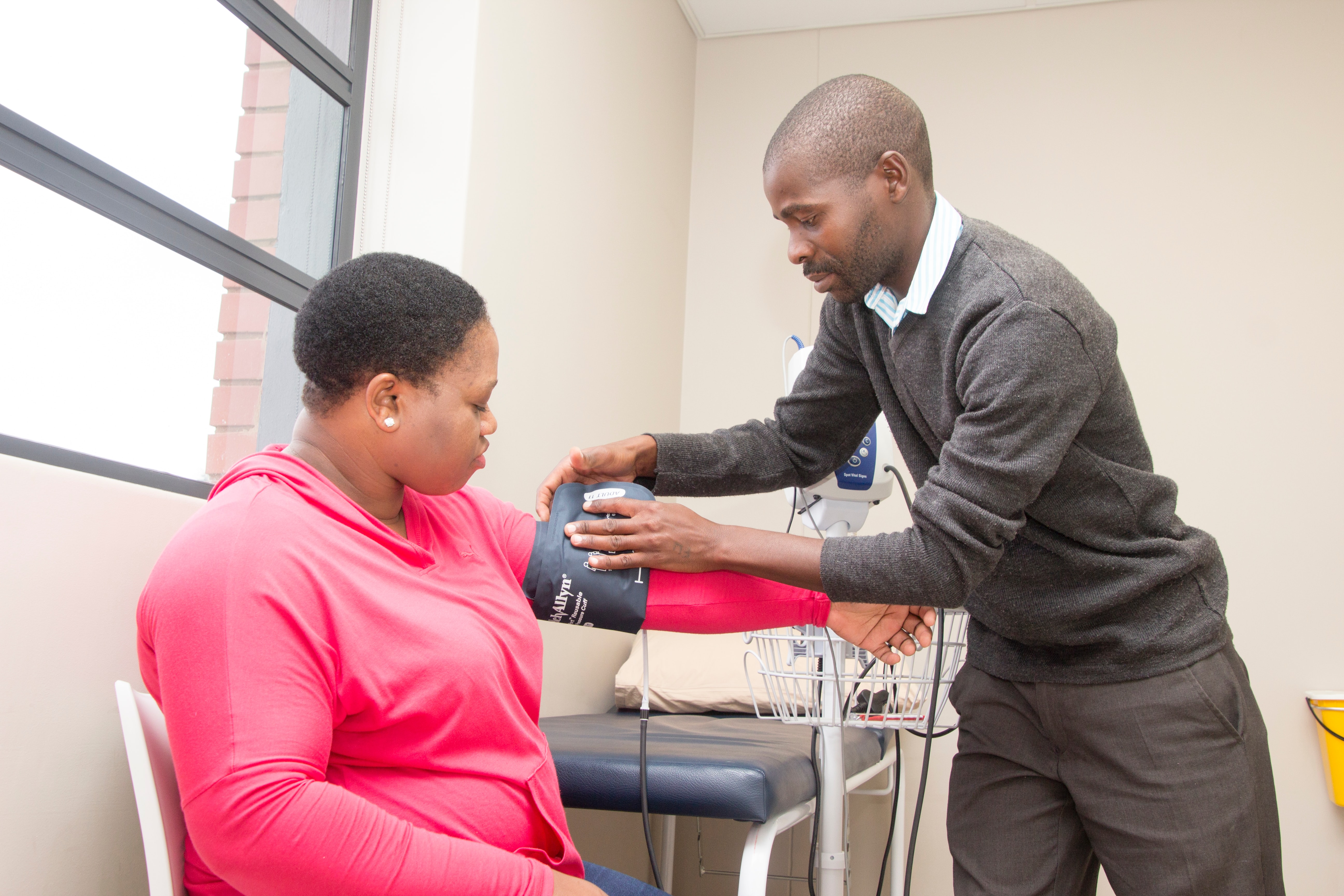 Regularly taking your blood pressure at home, with support from your health care team, can help lower the risk for heart disease and stroke.
Regularly taking your blood pressure at home, with support from your health care team, can help lower the risk for heart disease and stroke.
HFP’s population health department has supported Pennsylvania health centers in our network as they implement self-monitoring blood pressure (SMBP) programs at their sites. More than ten health centers are currently engaged in this initiative.
Patients participating in this program are provided with a bluetooth enabled blood pressure monitor, which connects to an app that transmits blood pressure measurements to their care team. With this connection, patients are able to share their blood pressure measurements from home for review and medication management. Care coordinators or community health workers follow-up with patients regularly to make sure that the technology is working and that patients are measuring their blood pressure as directed by their clinicians. This process enables health care providers to quickly understand the true condition of their hypertensive patients, without worrying about the white coat effect or having to bring patients into the office repeatedly. Patients are enthusiastic about the program, which gives them greater control over their chronic disease management. We are currently engaged in evaluation to document this program's success in achieving hypertension control for health center patients.
HFP is working with Pennsylvania Medicaid Managed Care Organizations Keystone First, AmeriHealth Caritas, and Health Partners Plans to support the implementation of self-managed blood pressure programs.
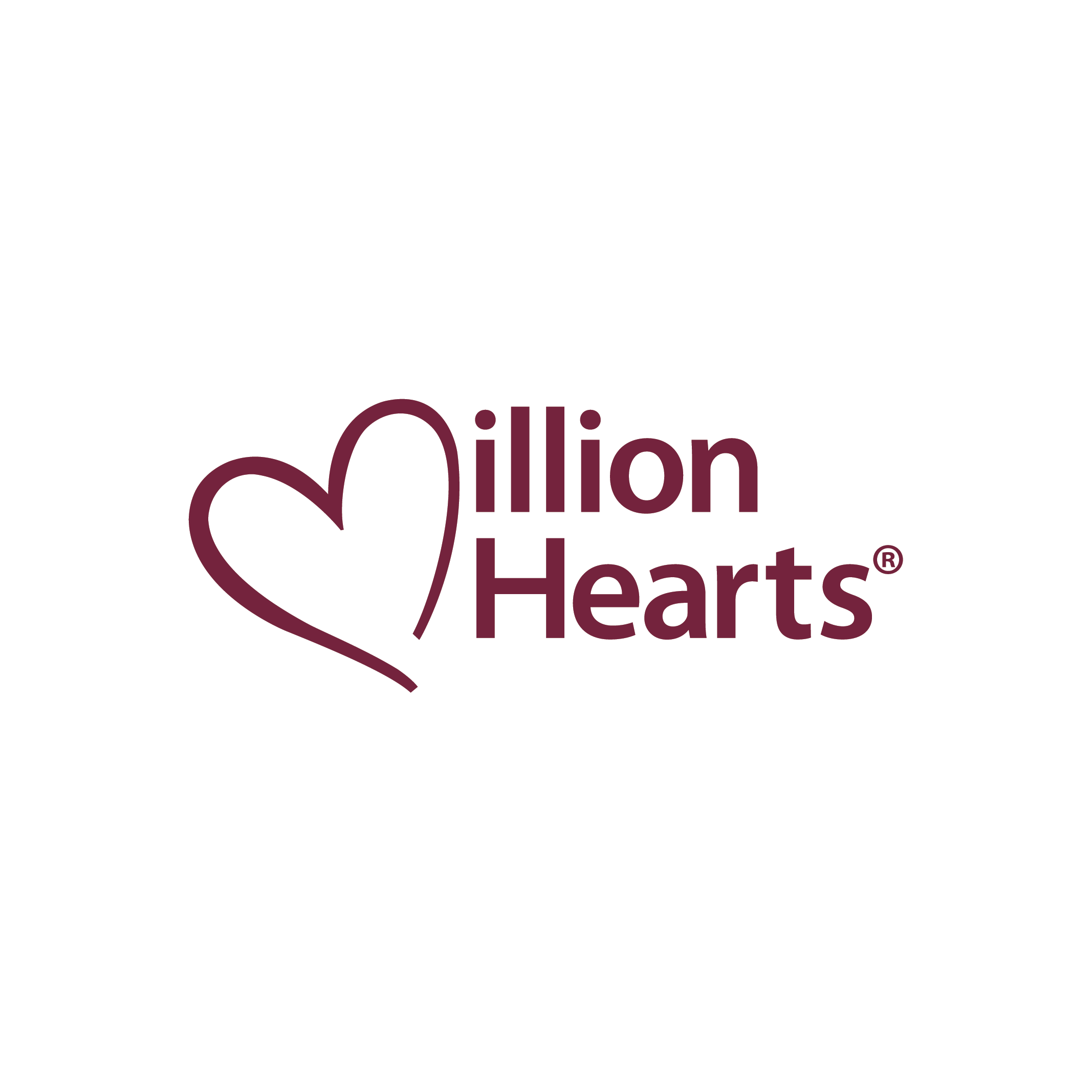
For More Information Contact:





